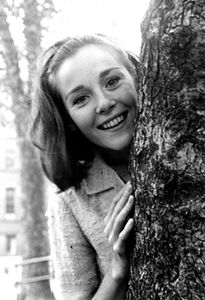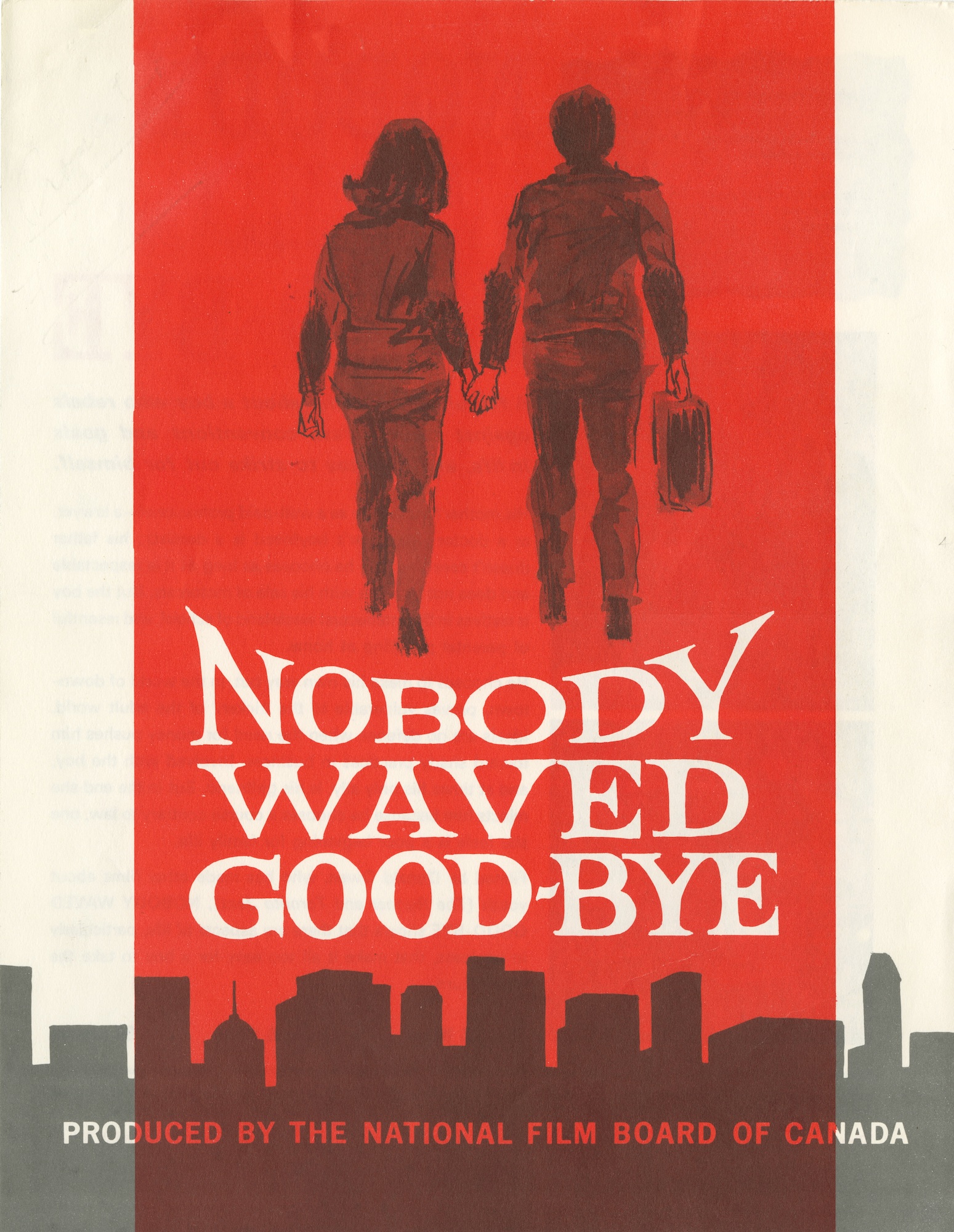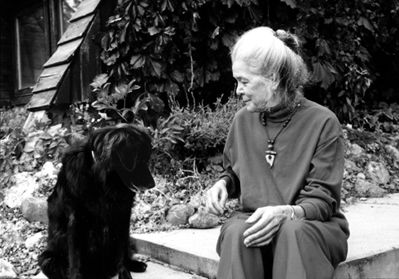
Education and Early Career
After studying anthropology at the University of Toronto, where he was also a budding young poet, Owen worked as a writer on industrial films and as a stagehand and assistant director at the CBC. He joined the National Film Board in 1960 and contributed cinematography to such seminal short films as À Saint-Henri le cinq septembre (1962). While working with the NFB’s legendary Unit B under executive director Tom Daly, he directed the short films Runner (1962), about Olympic runner Bruce Kidd, and Toronto Jazz (1963), which profiled the jazz bands of Lenny Breau, Don Thompson and Alf Jones.
Career Highlights
In 1963, Owen was assigned by Daly to direct a half-hour docudrama about a probation officer and a juvenile delinquent. He instead delivered Nobody Waved Good-bye (1964), a mostly improvised, now legendary feature on teenage angst and the generation gap. After an initially tepid response from the NFB, the film was submitted to the New York Film Festival, where it received critical acclaim. Subsequently it was released theatrically in Canada in 1965 and won the prestigious Robert Flaherty Documentary Award from the British Academy of Film and Television Arts (BAFTA) later that year.

Owen followed up Nobody Waved Good-bye with the intriguing but unsatisfactory Notes for a Film about Donna and Gail (1966) and The Ernie Game (1967), a perceptive drama (and a rare NFB/CBC co-production) about the rebellious youthful spirit of the late 1960s. Originally intended as part of a trilogy marking Canada’s centennial, the film won Canadian Film Awards for best feature film and direction and was nominated for the Golden Bear at the Berlin Film Festival.
Owen also directed two highly creative short documentaries for the NFB. High Steel (1965), about Mohawk steelworkers who helped build New York City skyscrapers, won the Canadian Film Award for best editing and the Youth Film Award for best short film at the Berlin Film Festival. Ladies and Gentlemen... Mr. Leonard Cohen (1965), co-directed with Donald Brittain, won a Canadian Film Award for best TV information. Owen also made a number of notable short documentaries about art and artists: Monique Leyrac in Concert (1966); Gallery: a View of Time (1967); Snow in Venice (1970) about the artist Michael Snow; Richler of St. Urbain Street (1971), about author Mordecai Richler; and Cowboy and Indian (1972), about photographer Robert Markle and artist Gordon Rayner.
After a hiatus of nearly a decade from theatrical feature filmmaking, Owen released Partners (1976), an iconoclastic allegory of Canadian-American relations that ran into censorship difficulties over its explicit sex scenes. Unfinished Business (1984), a somewhat lacklustre sequel to Nobody Waved Good-bye, received five Genie Award nominations including best director and screenplay. The made-for-television movie Turnabout (1987) marked the end of Owen’s career as a director. In his later years he focused on painting and writing poetry.

Legacy
Nobody Waved Good-bye and The Ernie Game remain two of the most significant English Canadian films of the 1960s. An inspired work that blends cinéma-vérité with fiction, Nobody Waved Good-bye is essential viewing for a serious understanding of film culture in Canada. It was named one of the Top 10 Canadian films of all time in a poll conducted by the Toronto International Film Festival in 1984, and was designated a masterwork by the AV Preservation Trust, which was dedicated to the preservation of Canada's audio-visual heritage until 2009.
In 2005, the Toronto International Film Festival held a retrospective of Owen's films and published the monograph Don Owen: Notes on a Filmmaker and His Culture by Steve Gravestock, the festival's senior Canadian programmer.
Following Owen’s death at age 84, government film commissioner and NFB chairperson Claude Joli-Coeur said that Owen’s “dramatic and documentary films were a bellwether of the times,” while Independent Production Fund CEO Andrea Sheffer said Owen “truly was a pioneer — he made Canadian cinema Canadian. He paved the way for future filmmakers where many could suddenly realize ‘wow, we can actually make films about Canada and they don’t have to look American or feel American.’ I think that was a big turning point in the 1960s.”
Awards
- Film Editing (High Steel), Canadian Film Awards (1966)
- TV Information (Ladies and Gentlemen... Mr. Leonard Cohen), Canadian Film Awards (1966)
- General Information (Notes for a Film about Donna and Gail), Canadian Film Awards (1967)
- Direction – Feature (The Ernie Game), Canadian Film Awards (1968)

 Share on Facebook
Share on Facebook Share on X
Share on X Share by Email
Share by Email Share on Google Classroom
Share on Google Classroom



